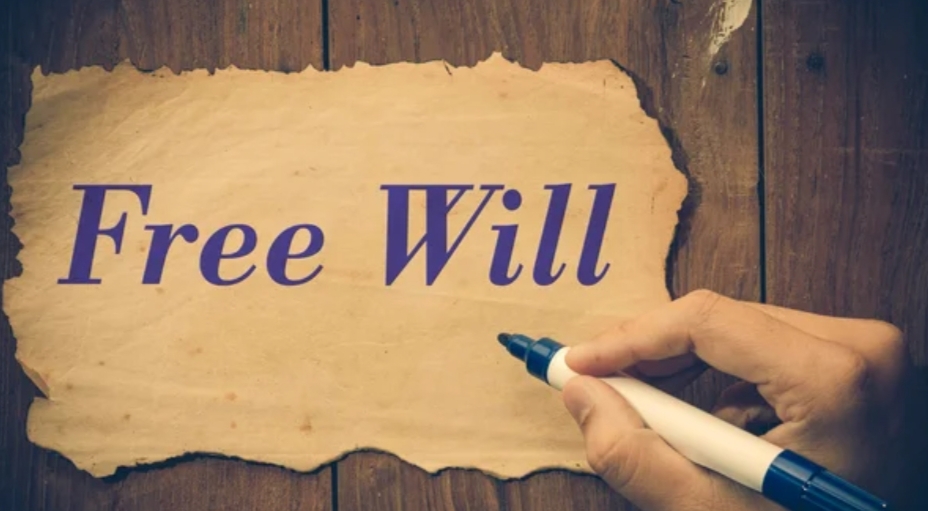
The concept of free will has been a topic of debate among philosophers, scientists, and theologians for centuries. The idea that humans have the freedom to make choices independent of external influences has been central to our understanding of personal responsibility and moral agency. But recent scientific research and philosophical arguments have raised questions about whether we truly have free will.
One of the main challenges to the concept of free will comes from neuroscience. Studies have shown that our decisions and actions are influenced by unconscious processes in the brain. This suggests that our choices may not be as freely made as we believe. Neuroscientific findings have also revealed that brain activity can be predicted seconds before a person consciously makes a decision. This lead some to argue that our actions are predetermined by the physical processes in our brains.
Moreover, environmental factors such as upbringing, social conditioning, and cultural influences play a significant role in shaping our beliefs, values, and behaviors. This raises the question of how free our choices really are if they are heavily influenced by external factors. The factors that are beyond our control.
Philosophers have also questioned the existence of free will. Some argue that everything in the universe is governed by natural laws. Since its governed by natural laws it is impossible for humans to have true freedom of choice. Others suggest that our sense of free will is an illusion created by our limited understanding of the complexities of the mind and the world around us.
However, despite these challenges to the concept of free will, many people continue to hold onto the belief that they have the ability to make choices and decisions that are not entirely determined by external factors. The idea of free will is deeply ingrained in our everyday experiences and moral judgments. Abandoning it could have profound implications for our sense of personal agency and responsibility.
Ultimately, the question of whether we truly have free will may never be definitively answered. It’s a complex and multifaceted issue that raises fundamental questions about the nature of human consciousness, autonomy, and moral accountability. While scientific advancements and philosophical debates may challenge our understanding of free will, the belief in our ability to make choices and shape our own destinies remains a deeply held conviction for many.
